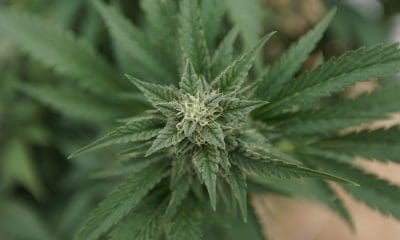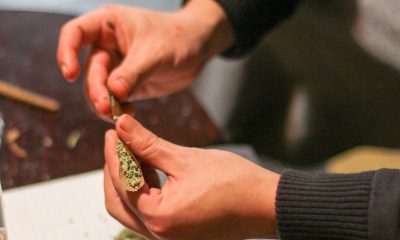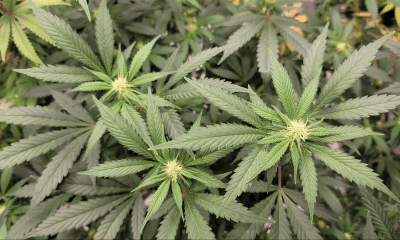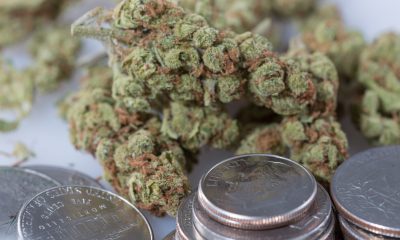Politics
FBI Clarifies That Using Marijuana More Than 24 Times Disqualifies Would-Be Agents
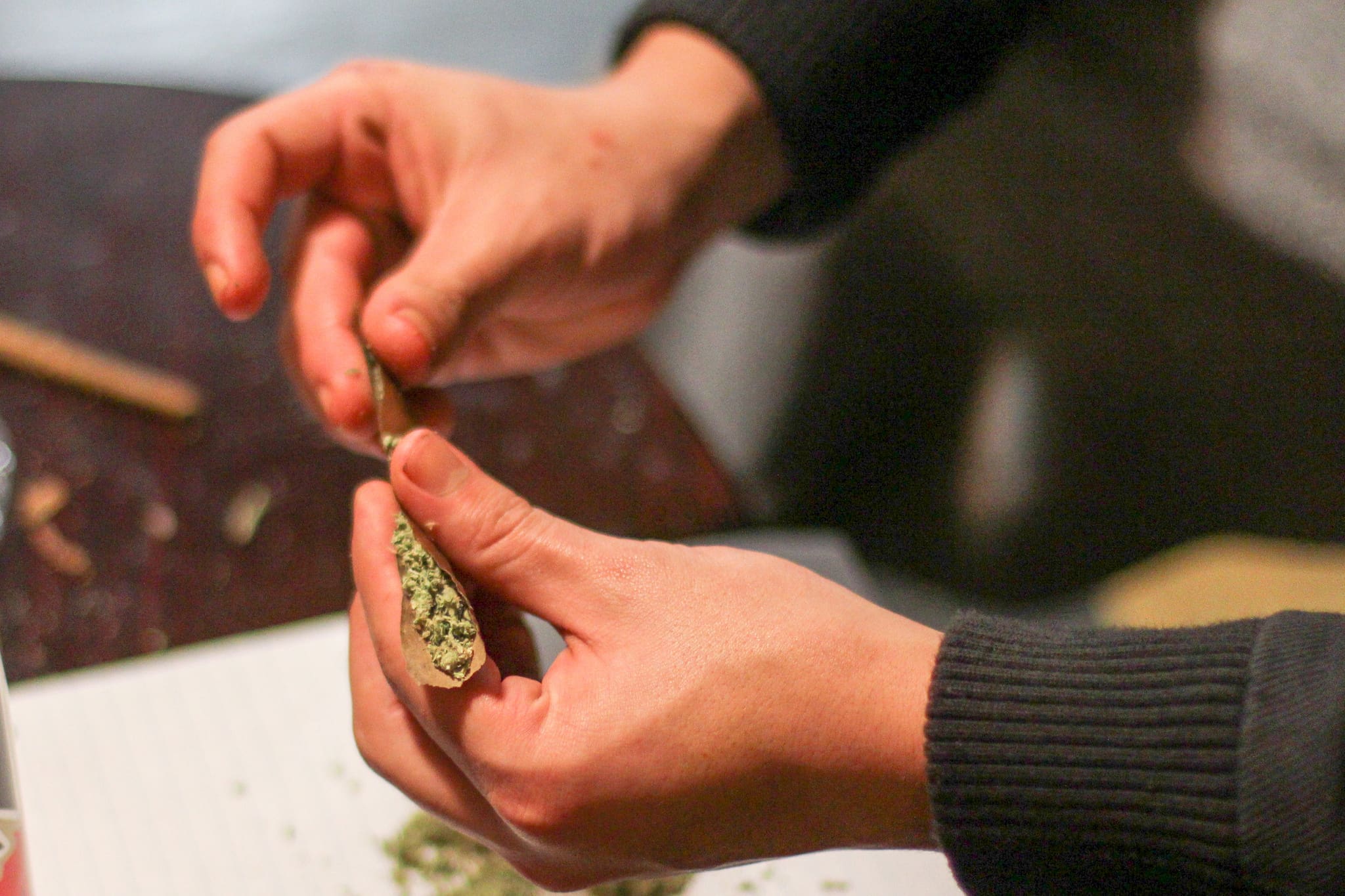
Activists were encouraged this summer when the FBI moved to loosen its employment restrictions for would-be agents who’ve previously used marijuana—but the agency more recently further revised the policy to add a stipulation that applicants are ineligible if they’ve used cannabis more than 24 times after turning 18.
Why 24 times specifically? The agency doesn’t explain.
It simply said in an update to its job eligibility guidance that candidates who “have used marijuana or any of its various forms (e.g., cannabis, hashish (hash), hash oil, or tetrahydrocannabinol (THC), synthetic or natural), in any location (domestic or foreign) regardless of the legality in that location of use, more than twenty-four (24) times after turning 18 years old is a disqualifier for FBI employment.”
In July, Marijuana Moment reported that FBI had updated its hiring policies to make it so candidates are only automatically disqualified from joining the agency if they admit to having used cannabis within one year of applying.
Previously, prospective employees of the agency could not have used marijuana within the past three years.
But at some point within the last month, FBI set a new, seemingly arbitrary threshold for applicants. Use marijuana up to two dozen times after becoming a legal adult? You might still have what it takes to work at one of the nation’s leading law enforcement agencies. Smoke a joint a 25th time? You’re ineligible.
That said, consumption prior to one’s 18th birthday is “not a disqualifier for FBI employment,” the agency said. Instead, “adjudicative personnel will evaluate the candidate by using the ‘whole-person concept.’”
Why the agency decided to add the new, frequency-related restriction is unclear. But its overall loosening of the rules on prior marijuana use this summer might be more of a practical decision than one that necessarily reflects shifting opinions on cannabis within the agency.
Then-FBI Director James Comey suggested in 2014 that he wanted to loosen the agency’s employment policies as it concerns marijuana, as potential skilled workers were being passed over due to the requirement.
“I have to hire a great work force to compete with those cyber criminals and some of those kids want to smoke weed on the way to the interview,” he said at the time.
Meanwhile, FBI has not changed it overall policy on automatic disqualifications for people who are “currently using illegal drugs, misusing or abusing legal drugs or other substances for illicit purposes at the time of the application process.” For applicants who’ve used illicit drugs other than marijuana, there remains a 10-year period before they can be considered eligible for employment.
Misrepresenting previous illicit drug use is also a disqualifying factor for applicants.
“The FBI is firmly committed to a drug-free society and workplace,” the job site says. “The FBI balances the needs of the organization and the importance of keeping the public integrity necessary to accomplish its law enforcement and intelligence missions by hiring the most qualified candidates.”
FBI’s decision to take a less punitive direction with respect to cannabis for applicants is another example of how federal agencies are grappling with the ever-changing marijuana landscape in the U.S.
The Department of Defense, for example, made clear that CBD is off limits for service members. The department’s drug testing policies was a focus of a spending bill report that a key House committee recently approved. Members voiced concern about racial disparities in military drug testing practices and ordered the Pentagon to conduct a review of the issue.
The Air Force issued a notice in 2019 stipulating that its members are prohibited from using the compound.
The Navy told its ranks that they’re barred from using CBD regardless of its legal status.
And the Coast Guard said in 2019 that sailors can’t use marijuana or visit state-legal dispensaries.
NASA said that CBD products could contain unauthorized THC concentrations that could jeopardize jobs if employees fail a drug test.
The Substance Abuse and Mental Health Services Administration issued guidance to federal agency drug program coordinators in 2019, expressing concern about excess THC in CBD products, which seems to have prompted the various departments to clarify their rules.
The Department of Transportation took a different approach last year, stating in a notice that it would not be testing drivers for CBD.
Meanwhile, the Drug Enforcement Administration continues to enforce its policy of automatically disqualifying applicants who’ve used marijuana in the prior three years before applying.
And while the Biden administration has instituted a policy of granting waivers to certain workers who admit to prior cannabis use, it’s come under fire from advocates following reports that it fired or otherwise punished dozens of staffers who were honest about their history with marijuana.
White House Press Secretary Jen Psaki has previously attempted to minimize the fallout, without much success, and her office released a statement in March stipulating that nobody was fired for “marijuana usage from years ago,” nor has anyone been terminated “due to casual or infrequent use during the prior 12 months.”
Marijuana Banking Sponsor Discusses Path Through Senate After House Approves Reform For Fifth Time
Photo courtesy of Martin Alonso.




